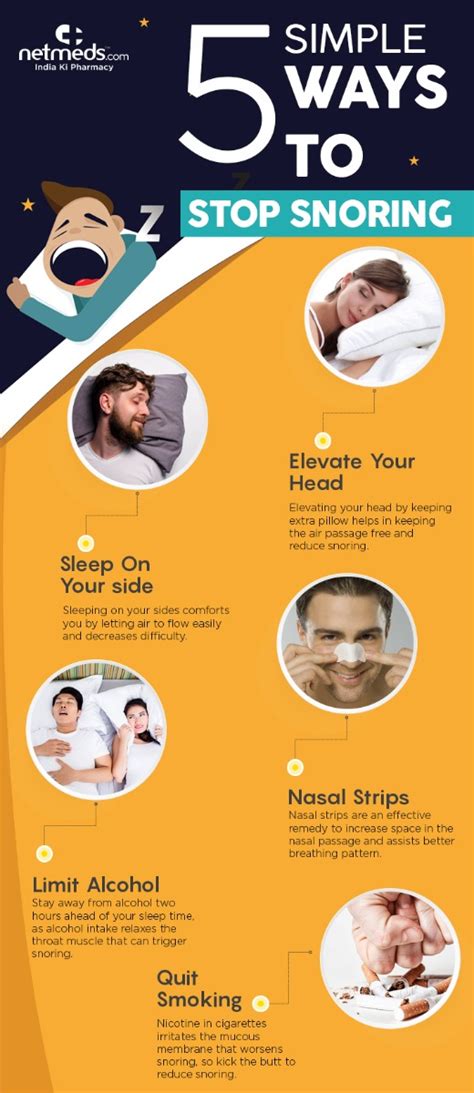How to Stop a Snorer From Snoring: A Guide for Frustrated Partners and Concerned Loved Ones
Snoring. That incessant, rattling, sometimes earth-shattering sound that can disrupt sleep and strain relationships. If you're living with a snorer, you know the struggle. But don't despair! While you can't force someone to stop snoring, you can take steps to encourage them to find solutions and improve their sleep (and yours!). This guide offers practical advice and strategies to help minimize or eliminate snoring.
Understanding the Root Causes of Snoring
Before diving into solutions, it's crucial to understand why people snore. Snoring occurs when the soft tissues in the back of the throat vibrate as air passes through during sleep. Several factors can contribute to this vibration, including:
- Obesity: Excess weight in the neck and throat area can constrict airways.
- Alcohol and Sedatives: These relax throat muscles, increasing the likelihood of snoring.
- Sleep Position: Sleeping on your back often worsens snoring.
- Nasal Congestion: Blocked nasal passages force air through the mouth, increasing vibration.
- Underlying Medical Conditions: Conditions like sleep apnea, allergies, and nasal polyps can contribute to snoring.
Gentle Approaches to Encourage Change
Confronting a loved one about their snoring can be tricky. Start with empathy and understanding. Instead of blaming, focus on the impact their snoring has on your sleep and well-being.
- Start a Conversation: Choose a calm moment to express your concerns, focusing on the shared impact on your sleep quality, rather than criticizing the snorer directly.
- Suggest a Sleep Study: If snoring is severe or accompanied by pauses in breathing, suggest a sleep study to rule out sleep apnea. This is a crucial step, as untreated sleep apnea can have serious health consequences.
- Focus on Lifestyle Changes: Gently encourage them to adopt healthier habits. This could include weight loss, limiting alcohol consumption before bed, and quitting smoking.
Practical Solutions to Try
Once you've had an open conversation, consider these practical solutions:
Lifestyle Adjustments
- Weight Management: Even a modest weight loss can significantly reduce snoring.
- Dietary Changes: Avoid heavy meals and alcohol close to bedtime.
- Sleep Position Changes: Encourage sleeping on their side using pillows strategically placed to prevent rolling onto their back. Consider a body pillow.
- Hydration: Staying hydrated can help thin mucus and improve nasal airflow.
At-Home Remedies
- Nasal Strips: These adhesive strips help open nasal passages, improving airflow.
- Elevating the Head: Using extra pillows can help keep the airways open.
- Humidifier: A humidifier can add moisture to the air, easing nasal congestion.
Medical Interventions (Consult a Doctor)
- CPAP Machine: For individuals with sleep apnea, a CPAP (Continuous Positive Airway Pressure) machine is a common and effective treatment.
- Oral Appliances: These custom-made mouthguards help keep the airway open during sleep.
- Surgery: In severe cases, surgery may be an option to address underlying structural issues.
Seeking Professional Help
Remember, snoring can be a symptom of a more serious condition. If snoring is accompanied by other symptoms like daytime sleepiness, pauses in breathing, or gasping for air during sleep, it's crucial to consult a doctor or sleep specialist. They can properly diagnose any underlying issues and recommend the appropriate treatment.
By approaching the situation with sensitivity, understanding, and a willingness to explore various solutions, you can significantly improve the sleep quality for both you and your snoring partner. Remember, teamwork and open communication are key to finding a solution that works for everyone.
